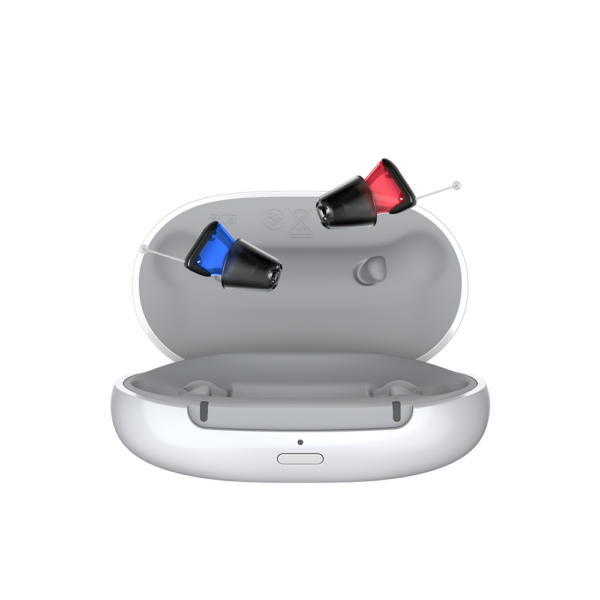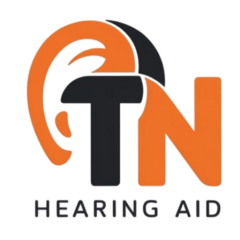Types of Hearing Loss & Solutions
Types of Hearing Loss & Solutions
Understanding Hearing Loss
Hearing loss affects individuals differently, making it essential to identify the type and severity to find the best solution. Our expert audiologists at Tn Hearing Aid Center provide comprehensive assessments and advanced hearing solutions tailored to your needs.

